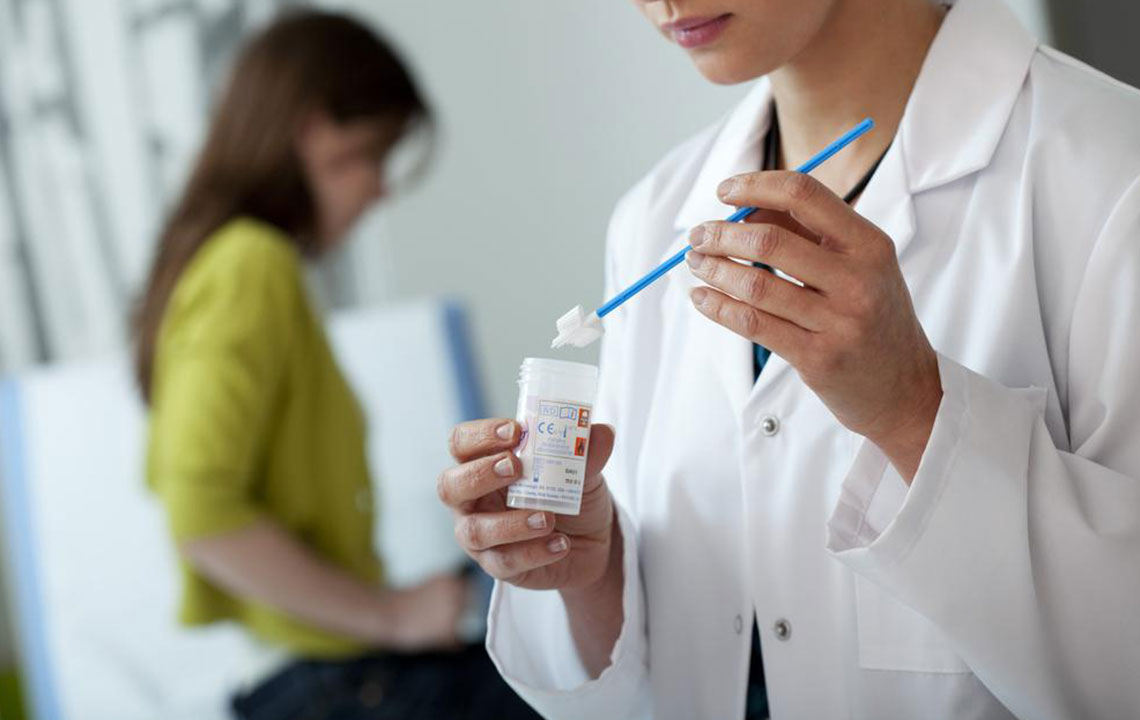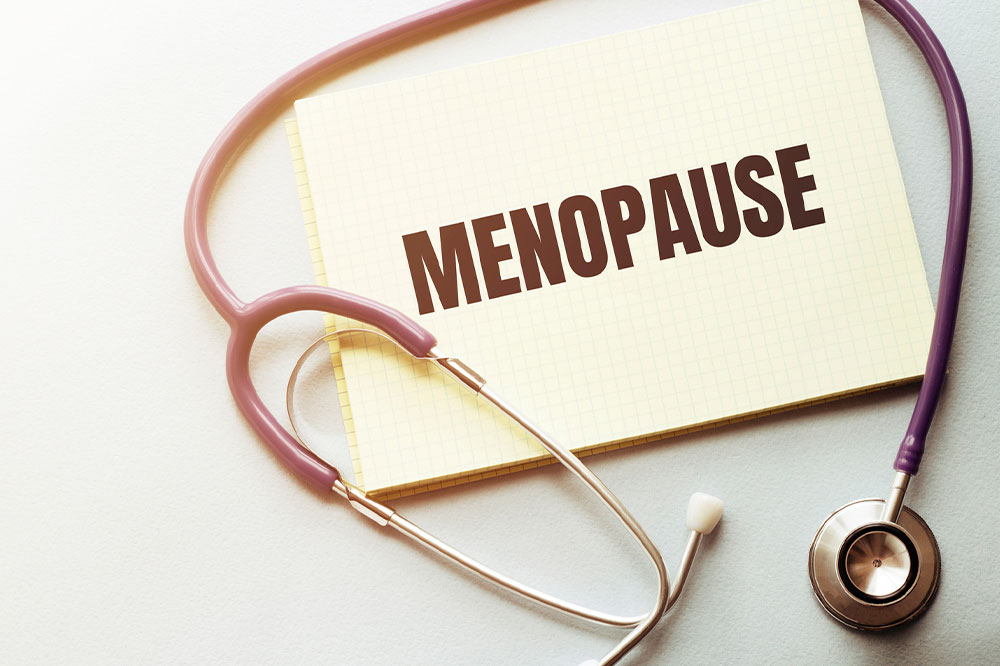Comprehensive Strategies to Effectively Manage Vaginal Dryness During Menopause
This comprehensive guide explores effective methods for managing vaginal dryness, including over-the-counter solutions, dietary choices, and medical treatments. Understanding these strategies can help women alleviate discomfort, improve intimacy, and maintain vaginal health during menopause. The article emphasizes personalized care and the importance of consulting healthcare professionals to choose the best approach for individual needs, ensuring long-term comfort and well-being.

Effective and Proven Methods for Managing Vaginal Dryness
Vaginal dryness is a common concern among women experiencing menopausal changes. It significantly impacts comfort, intimacy, and overall well-being. As women age, especially during menopause, hormonal shifts—primarily the decline in estrogen levels—affect the health and elasticity of vaginal tissues. This leads to symptoms like dryness, irritation, and thinning of the vaginal lining, a condition medically known as vaginal atrophy. Understanding the underlying causes and exploring various management options is crucial for improving quality of life. This comprehensive guide delves into effective strategies for alleviating vaginal dryness, including lifestyle adjustments, over-the-counter solutions, dietary choices, and medical treatments that can help women regain comfort and confidence.
Over-the-counter Lubricants and Moisturizers
One of the simplest and most immediate ways to soothe vaginal dryness is through the use of lubricants and moisturizers. These products are specially formulated to reduce friction and irritation during sexual activity and to hydrate vaginal tissues. Lubricants come in different formulations, catering to various needs and preferences. They are widely accessible, easily available without medical prescriptions, and can provide instant relief from discomfort caused by dryness.
Types of Lubricants:
Oil-based lubricants: Examples include petroleum jelly, baby oils, and mineral oils. They tend to last longer but may not be compatible with latex condoms, which can degrade and increase the risk of breakage.
Water-based lubricants: Popular brands like K-Y Jelly, FemGlide, and Summer’s Eve fall into this category. They are safe to use with all types of condoms and sex toys, making them versatile options for everyday use.
Silicone-based lubricants: Such as Durex, Pink, and Pure Pleasure, these offer a silky texture, longer-lasting lubrication, and are ideal for water-related activities like shower or bath.
Natural options: Coconut oil, aloe vera, and jojoba oil are popular among women seeking natural alternatives. These options often have soothing properties and are gentle on sensitive skin, but caution should be taken regarding allergy potential and condom compatibility.
For persistent dryness, vaginal moisturizers like Replens, Moist Again, and K-Y Liquibeads offer a longer-lasting hydrating effect. These products can be applied regularly, providing ongoing comfort, especially during menopausal years. However, users should avoid oil-based lubricants if they use latex condoms to prevent breakage and ensure safe sexual activity.
Dietary and Lifestyle Modifications
Nutrition plays a crucial role in maintaining vaginal health and mitigating dryness. Incorporating foods rich in phytoestrogens—plant compounds that mimic estrogen in the body—can help balance hormonal levels and improve tissue health. Foods such as soy products (tofu, soy milk), flaxseeds, oats, and miso are excellent sources of phytoestrogens and may alleviate some symptoms of dryness and irritation.
Additionally, maintaining a well-balanced diet that supports hormonal health can have a positive impact on vaginal tissues. Adequate intake of vitamins and minerals like Vitamin D, E, A, B12, and probiotics contributes to tissue repair, reduces irritation, and supports overall gut and vaginal flora balance. These nutrients promote the integrity of vaginal tissues, making them more resilient against dryness and discomfort. Consulting with a healthcare professional about dietary supplements can help tailor a plan that fits individual needs.
Medical Interventions and Hormone Therapy
In cases where topical or lifestyle approaches do not provide sufficient relief, medical treatments may be recommended. Estrogen therapy remains the most effective long-term solution for vaginal atrophy and dryness. Such treatments include vaginal creams, tablets, or rings prescribed by healthcare providers, which deliver estrogen directly to the vaginal tissues, restoring elasticity, thickness, and moisture levels.
Vaginal estrogen products are typically used for a prescribed period and are designed to target local tissue health with minimal systemic absorption, reducing the risk of side effects associated with systemic hormone therapy. These treatments can significantly improve symptoms of dryness, irritation, and painful intercourse.
Hormone replacement therapy (HRT), which may involve estrogen patches, gels, or tablets, addresses broader menopausal symptoms, including hot flashes, night sweats, and mood swings. However, HRT involves careful consideration of benefits versus potential risks. Regular check-ups with your healthcare professional are essential to monitor response and adjust treatment plans accordingly.
It's important to discuss all available options with a healthcare provider to choose the most suitable approach based on individual health status, medical history, and menopausal symptoms. Besides hormonal treatments, other medical options such as vaginal laser therapy and hyaluronic acid supplements are emerging as effective alternatives, offering additional relief for women with severe dryness or atrophic changes.
In summary, managing vaginal dryness effectively involves a comprehensive approach that combines lifestyle modifications, suitable lubricants or moisturizers, dietary interventions, and medical treatments when necessary. Staying informed and working closely with healthcare professionals ensures women can regain comfort, maintain intimacy, and enjoy a better quality of life during and after menopause.





